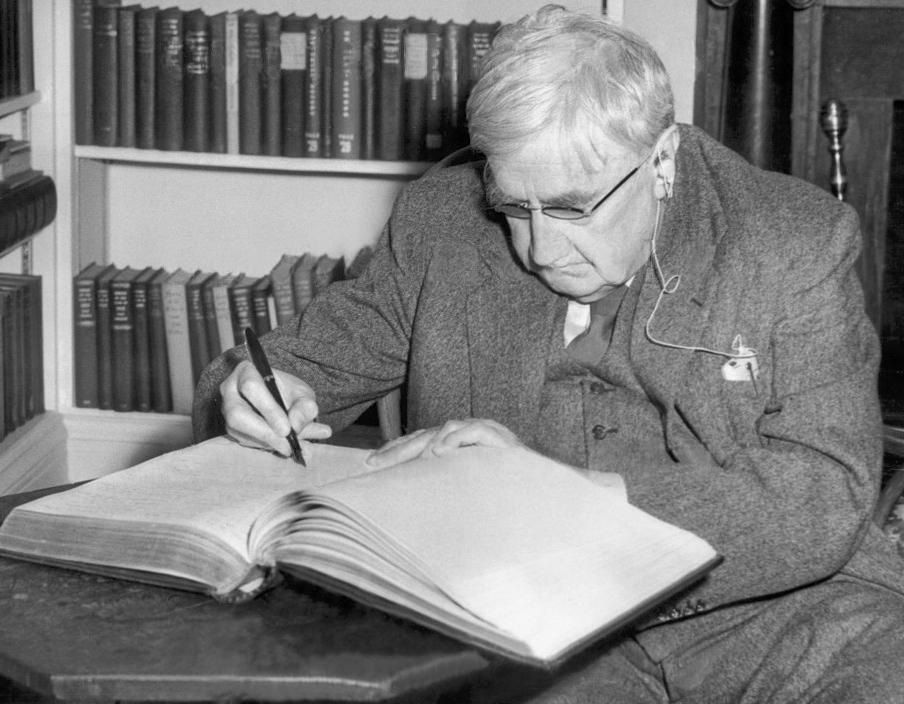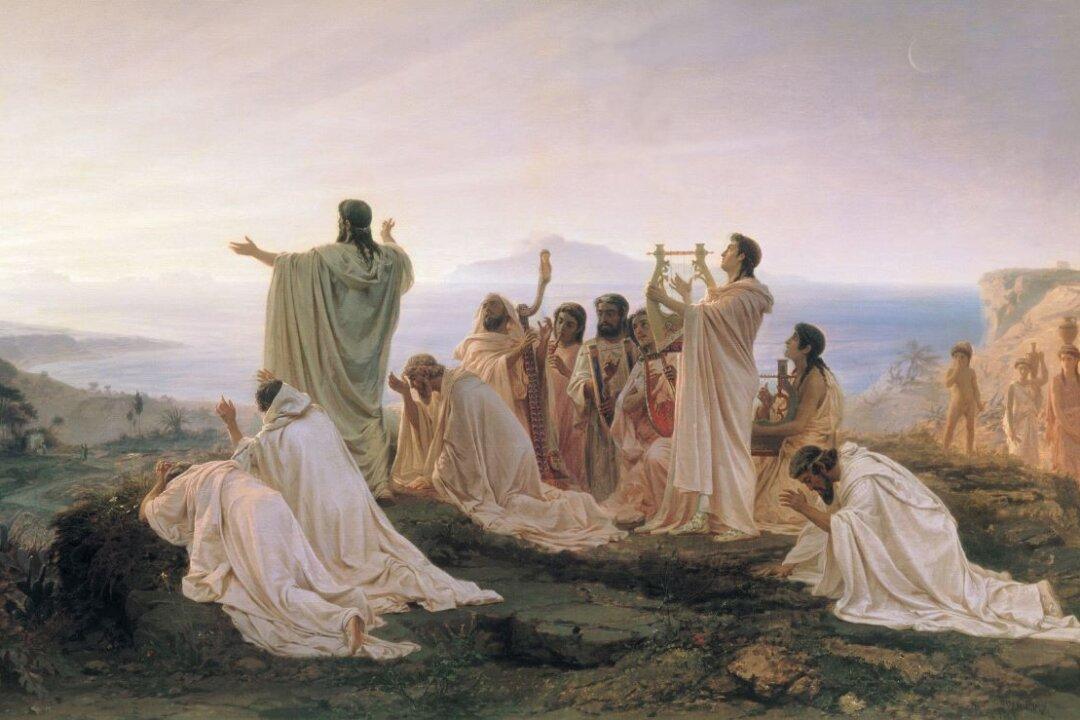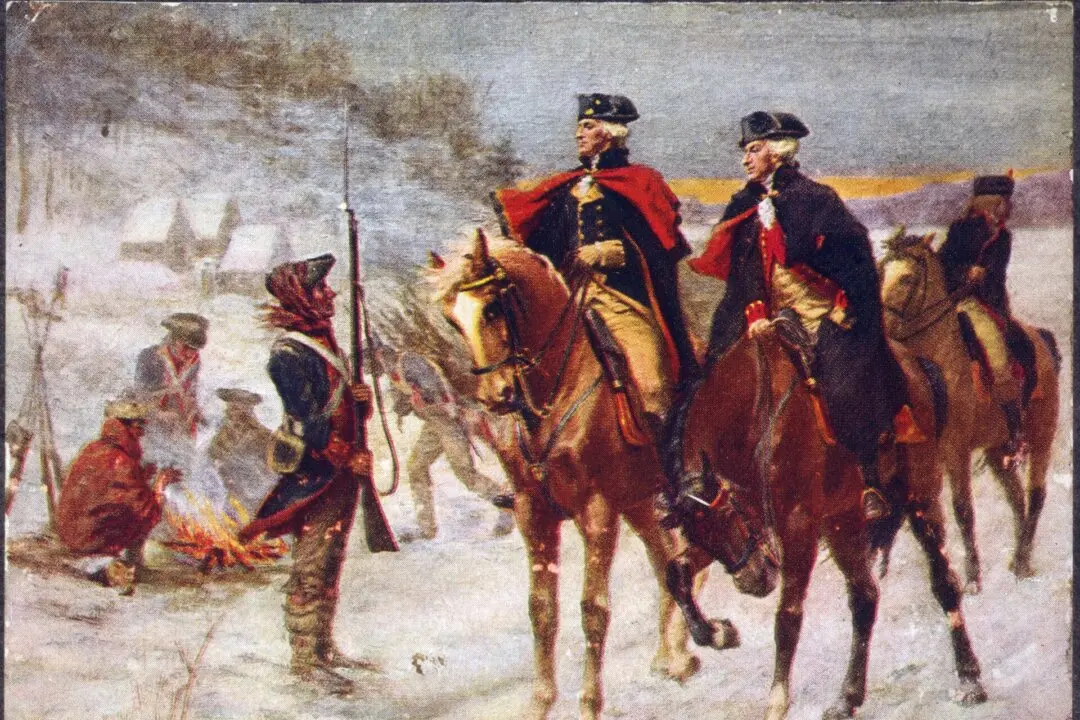Ralph Vaughan Williams’s best music has a popular, almost earthy quality that he shares with very few 20th-century composers. In other words, he is nice to listen to. Pieces such as “The Lark Ascending” and “Fantasia on ‘Greensleeves’” have a natural sound that is very different from the forced experiments of his modernist contemporaries. This is undoubtedly the reason why he is so often performed and recorded.
He is also enjoyable in a different way than his great European predecessors are. The majesty of Williams’s music is simpler than the grandiosity of Beethoven’s, and more melancholy than the classical symmetry of Mozart’s. While this was an intentional move, it took him many years to forge this distinctive style. It is a story involving rigorous study and hundreds of miles of journeying over the English countryside.





